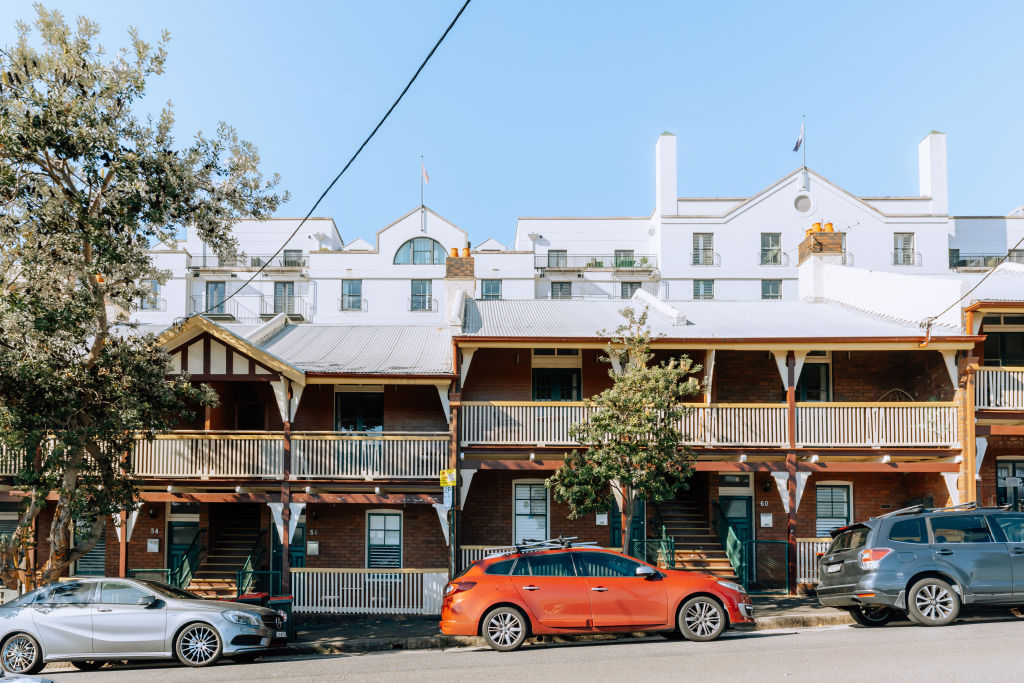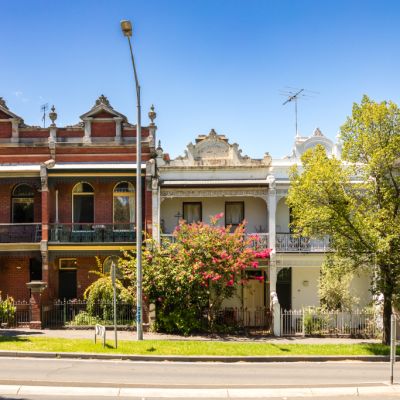How should you factor interest rate uncertainty into your investment portfolio?
With no one quite sure what’s going to happen with interest rates for the rest of 2024 and the start of 2025, it’s important to guard against indecision becoming the killer of good investment sense.
That interest rate uncertainty should, instead, be proactively factored into your investment portfolio, the experts say.
“We know the best strategy with investment is to borrow as much money as you can so you can buy the best property,” says financial advisor Ben Nash, the author of a new smart-money advice book, Virgin Millionaire. “But that may not suit everyone.
“The more you borrow, the more your risk levels rise, so a risk management strategy is a crucial part of a solid financial plan.

“Most people just didn’t plan around the potential of interest rates rising so high and many are now over-stretched and thinking of selling.”
AMP Investments chief economist Dr Shane Oliver says he expects to see the Reserve Bank starting to cut the cash rate in February, off the back of slower growth, higher unemployment and lower inflation.
“Our underlying economic variables are not that different to many countries that are now starting to cut rates,” he says.
In the meantime, to make sure your property fits with your future, Nash recommends forward-planning in the areas of both money and life, taking into account anything that could end up changing your income or spending patterns.
That could be a rise or drop in interest rates, as well as factors like whether you’re going to have a family in a few years, and how much longer you’re planning to work.


“Then, it’s always prudent to add at least 2 to 3 per cent onto an analysis as a stress test,” he says.
“If you sell an investment property too soon, you can fall further and further behind financially, but if you’d planned a few years ago to spend $750,000 on it rather than $850,000, you might have been a lot more comfortable.”
That’s an approach also favoured by Michael Pell, the managing director of national investment property buyer’s agency Propell Property.
He counsels against investors selling their properties now, saying that they’ll regret it in 10 years when their $700,000 house or unit could be worth $1.3 million.
Instead, he recommends people factor in a buffer of maybe $20,000 to $30,000 in cash for “a rainy day”.
“Interest rate uncertainty is as normal a part of life as uncertainty over the weather,” Pell says. “But you have to put something aside to take account of unforeseen circumstances, like interest-rate rises.
“A lot of investors are currently refinancing portfolios if they have four or five properties and pulling out equity to cope with these high interest rates, knowing they’ll probably come down again in the next six to 12 months, and things will get easier.
“Investing in property is for the long term.”
We recommend
States
Capital Cities
Capital Cities - Rentals
Popular Areas
Allhomes
More










